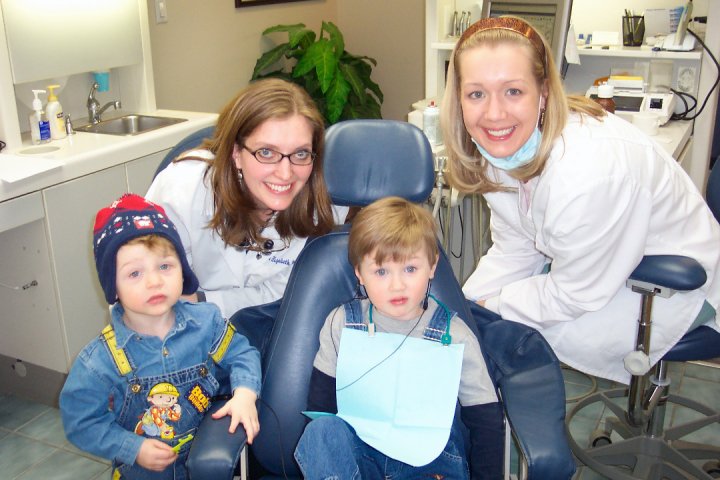By Dr. Elizabeth Eggert
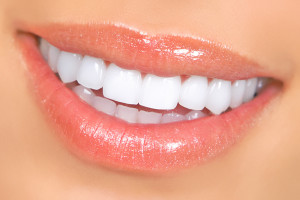 Thinking about whitening your teeth? You’re not alone. According to Statistica, in 2017 over 39 million Americans used some type of teeth whitener to achieve a brighter smile. But not all teeth whitening methods are created equal. Let’s take a look at a couple of the most common over-the-counter teeth whitening methods and introduce you to one of our personal favorites – the Philips Zoom Whitening System.
Thinking about whitening your teeth? You’re not alone. According to Statistica, in 2017 over 39 million Americans used some type of teeth whitener to achieve a brighter smile. But not all teeth whitening methods are created equal. Let’s take a look at a couple of the most common over-the-counter teeth whitening methods and introduce you to one of our personal favorites – the Philips Zoom Whitening System.
Tooth Whitening Toothpaste: Whitening toothpaste contains a higher concentration of hydrogen peroxide than typical toothpaste. It is the cheapest method for brightening your teeth but results can take months to appear and aren’t typically dramatic since whitening toothpaste only has the ability to remove on the surface staining.
Tooth Whitening Strips: Various companies offer over-the counter-teeth whitening strips. While these strips that you place on your teeth come in various strengths for varying results, once again, these products only remove some surface stains and cost substantially more than a tube of whitening toothpaste. Some internal tooth whitening can take place with the OTC strips, but the chemistry isn’t as stable as most of the professional whitening systems and unfortunately, there is no way to know how long the products have been sitting on the shelf, which decreases their effectiveness. Additionally, over-the-counter whitening strips are notorious for causing tooth sensitivity as well as irritating gum tissue.
The Philips Zoom Whitening System!
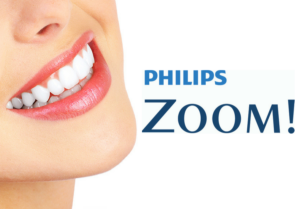
At Eggert Family Dentistry, we offer a variety of teeth whitening and bleaching options including professional strips and whitening trays that are gentler on your teeth and gums and are more effective at introducing the whiting product into the internal area of the tooth.. However, one of our easiest and most effective teeth whitening products – Zoom Whitening – is fast and the results are brilliant. It is performed in a single, two hour appointment and lightens teeth anywhere from 4-10 shades! With a Zoom treatment, we apply a professional tooth whitening gel to your teeth followed by an LED light to activate the gel and help the gel penetrate into the tooth. This is performed in four 15-minute increments and includes a post-treatment consult where we discuss at home follow-up care. Follow-up care may include whitening trays and sensitivity management.
We are excited to offer to the first 20 patients to contact us through our new and improved website, the chance to experience the Zoom Whitening system for HALF OFF at only $300 (normally a $600 value). Hurry! This offer expires June 30, 2018. Just in time for grads and dads!!
If you’re interested in whitening your smile and would like to discuss Zoom Whitening or any of our other whitening solutions, you can give us a call at (651) 482-8412 or contact us online. We would love to schedule a consult and help you decide which whitening option is right for you!
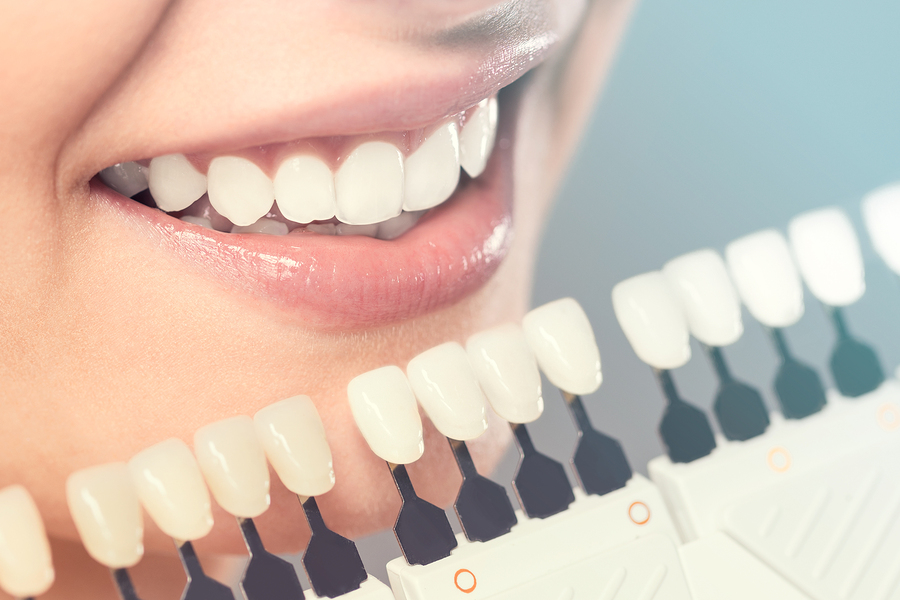
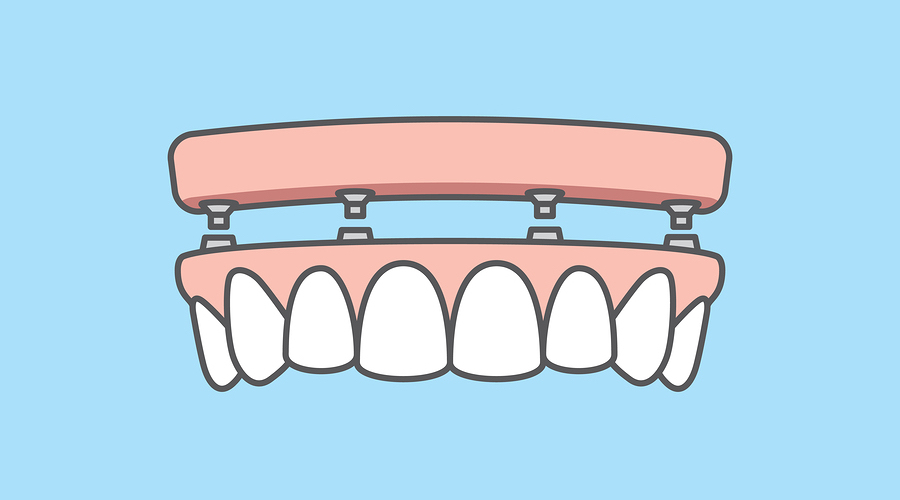
 Over traditional dentures, which is the classic way to replace a full arch of teeth, the implant supported prostheses fabricated for an All-on-4® patient allows for great stability because of the anchorage of the implants in the jaw bone. There are fewer implants required to anchor the All-On-4® than if we would replace all of your missing teeth with individual implants so the costs are significantly decreased. It is also almost always possible to place temporary provisional teeth onto the implants the same day as the surgery. These provisionals look and feel much like natural teeth, leaving you to lead a normal life after surgery.
Over traditional dentures, which is the classic way to replace a full arch of teeth, the implant supported prostheses fabricated for an All-on-4® patient allows for great stability because of the anchorage of the implants in the jaw bone. There are fewer implants required to anchor the All-On-4® than if we would replace all of your missing teeth with individual implants so the costs are significantly decreased. It is also almost always possible to place temporary provisional teeth onto the implants the same day as the surgery. These provisionals look and feel much like natural teeth, leaving you to lead a normal life after surgery.
 Tooth Whitening: Over time, due to poor brushing habits and consumption of acidic and richly-hued foods and beverages, teeth become yellowed and dull. Tooth whitening is a safe and cost-effective procedure that brings back brilliance to your pearly whites. While historically triggering nerve sensitivity, today’s whitening agents contain fluoride and other desensitizing agents which reduce the risk of sensitivity. If properly maintained, the positive effects of tooth whitening can last for a number of years. It’s important to keep in mind that anything that can stain a white shirt can stain your smile. Ensuring thorough brushing after consumption of stain-inducing foods and beverages will extend the life of your tooth whitening procedure.
Tooth Whitening: Over time, due to poor brushing habits and consumption of acidic and richly-hued foods and beverages, teeth become yellowed and dull. Tooth whitening is a safe and cost-effective procedure that brings back brilliance to your pearly whites. While historically triggering nerve sensitivity, today’s whitening agents contain fluoride and other desensitizing agents which reduce the risk of sensitivity. If properly maintained, the positive effects of tooth whitening can last for a number of years. It’s important to keep in mind that anything that can stain a white shirt can stain your smile. Ensuring thorough brushing after consumption of stain-inducing foods and beverages will extend the life of your tooth whitening procedure.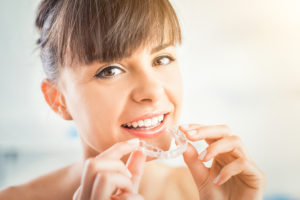 Invisalign®: As we’ve highlighted in recent posts, Invisalign® is a fantastic alternative to braces for many teens and adults. With the use of transparent, low-profile aligner trays, teeth can be straightened and improper bites corrected. This procedure is typically more comfortable, less visible and takes less time than teeth straightening and bite correction with traditional metal braces.
Invisalign®: As we’ve highlighted in recent posts, Invisalign® is a fantastic alternative to braces for many teens and adults. With the use of transparent, low-profile aligner trays, teeth can be straightened and improper bites corrected. This procedure is typically more comfortable, less visible and takes less time than teeth straightening and bite correction with traditional metal braces. In our previous post we introduced Invisalign® treatment as a great alternative to traditional braces. At Eggert Family Dentistry, we believe that thorough research is imperative to making your best decision. If you are considering Invisalign® there are some important questions you may want to ask prior to pursuing treatment.
In our previous post we introduced Invisalign® treatment as a great alternative to traditional braces. At Eggert Family Dentistry, we believe that thorough research is imperative to making your best decision. If you are considering Invisalign® there are some important questions you may want to ask prior to pursuing treatment.
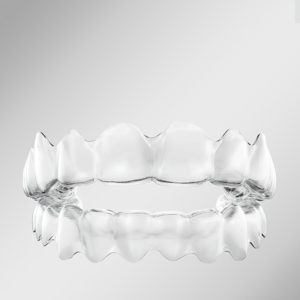 How do I know if Invisalign® is right for me?
How do I know if Invisalign® is right for me?

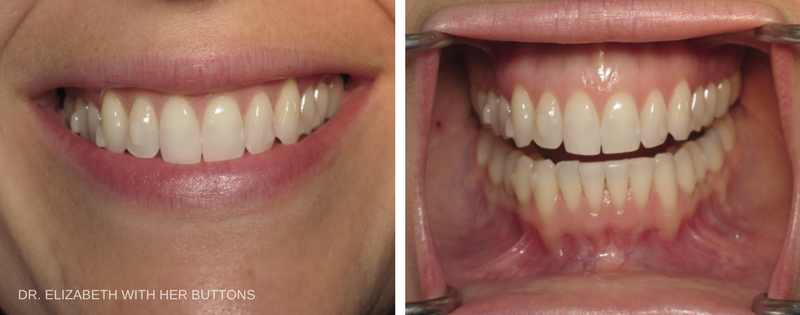




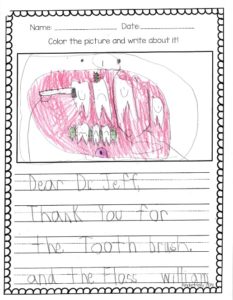
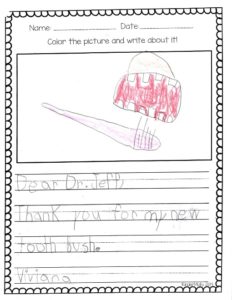

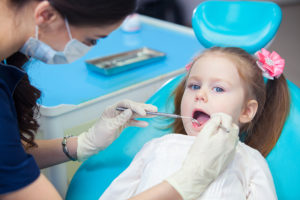
 Paul Casamassimo, D.D.S., professor of pediatric dentistry at Ohio State University College observes, “Children now have much more sugar in their diets at an early age” contributing to their increased propensity to develop cavities. Sugar, when introduced to your mouth, causes bacteria in plaque to produce acids that war against tooth enamel. Plaque is sticky and holds these acids against your teeth causing the enamel to break down over time. This is when cavities form.
Paul Casamassimo, D.D.S., professor of pediatric dentistry at Ohio State University College observes, “Children now have much more sugar in their diets at an early age” contributing to their increased propensity to develop cavities. Sugar, when introduced to your mouth, causes bacteria in plaque to produce acids that war against tooth enamel. Plaque is sticky and holds these acids against your teeth causing the enamel to break down over time. This is when cavities form. In most cases, treatment consists of removing the decaying part of the tooth and replacing it with a filling. Fillings come in a variety of materials. Most often we are using the white composite material with children and adults. Cavities in baby teeth are treated just as seriously as cavities in adult teeth since baby teeth hold space for future adult teeth. When baby teeth fall out prematurely or have to be pulled because of excessive decay, the child is at risk for improper spacing or positioning of adult teeth, making him/her a more likely candidate for braces down the road.
In most cases, treatment consists of removing the decaying part of the tooth and replacing it with a filling. Fillings come in a variety of materials. Most often we are using the white composite material with children and adults. Cavities in baby teeth are treated just as seriously as cavities in adult teeth since baby teeth hold space for future adult teeth. When baby teeth fall out prematurely or have to be pulled because of excessive decay, the child is at risk for improper spacing or positioning of adult teeth, making him/her a more likely candidate for braces down the road.